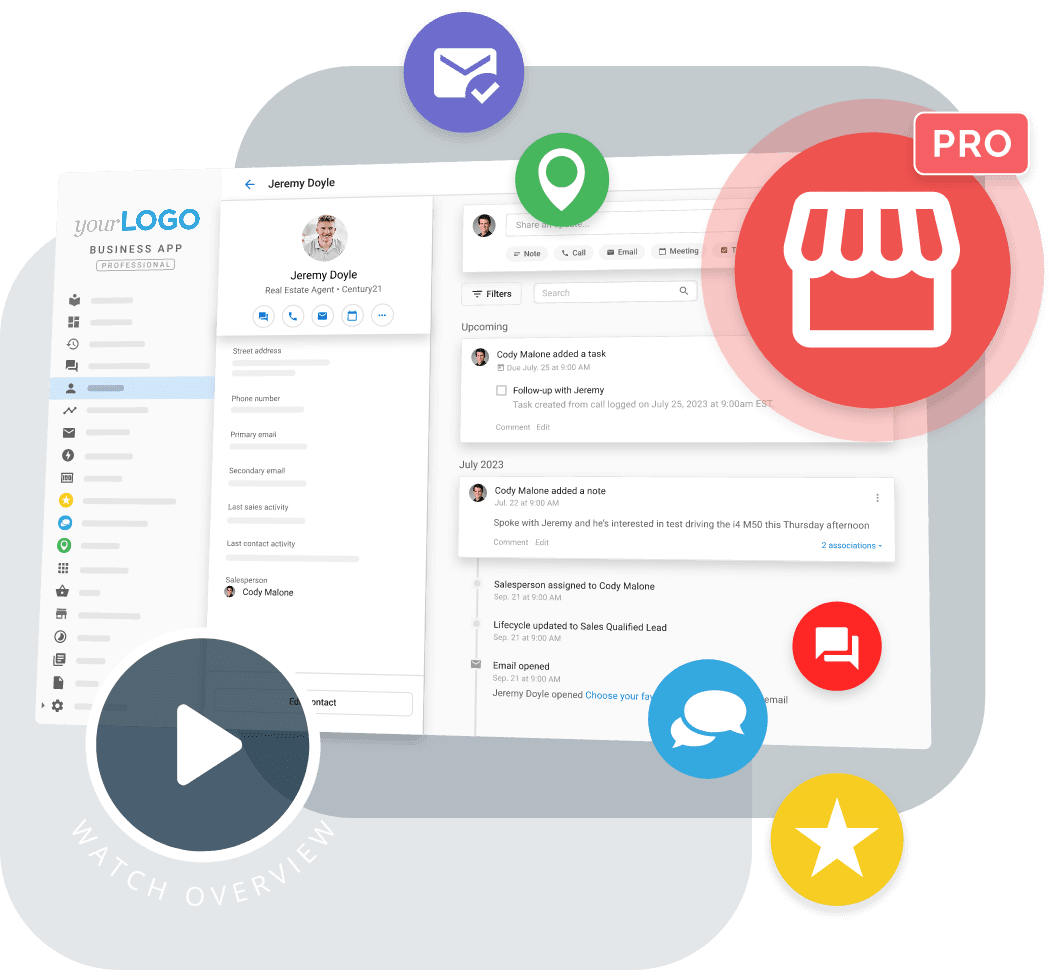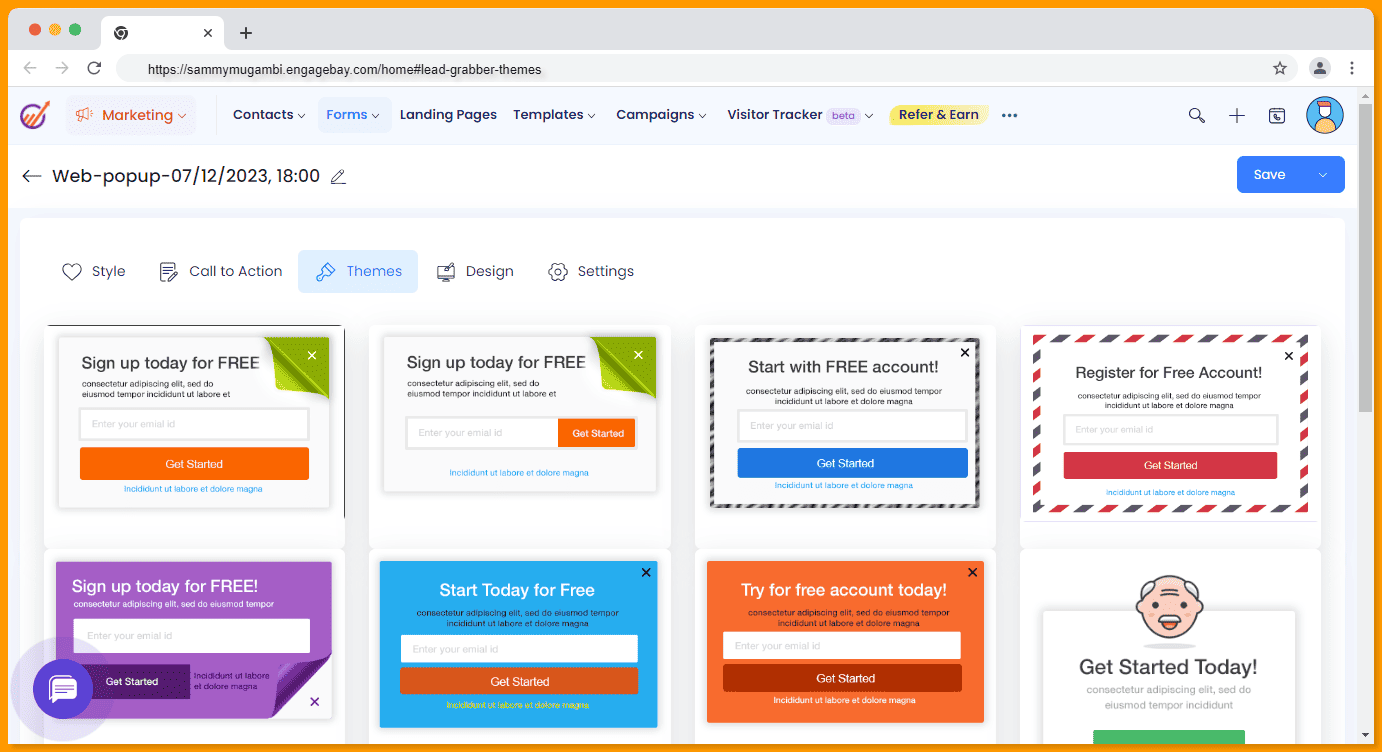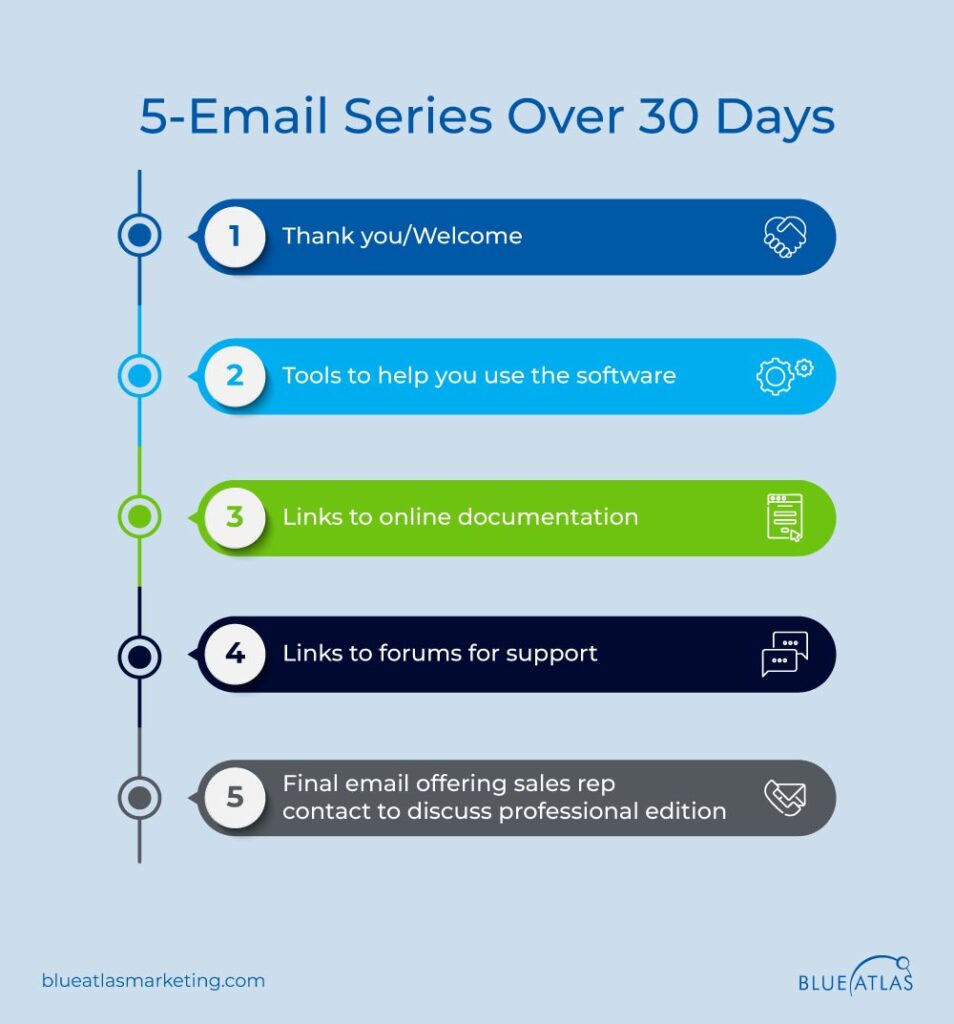Case Studies: Businesses Thriving with Marketing Automation
Marketing automation has revolutionized the way businesses operate, allowing for streamlined processes, increased efficiency, and enhanced customer engagement. The transformation brought about by these technologies is evident in numerous case studies that showcase how marketing automation can lead to significant growth and success. By analyzing various companies, we uncover the powerful impact of implementing marketing automation tools and strategies.
The Evolution of Marketing Automation

The journey of marketing automation began when businesses recognized the need for more efficient ways to manage their marketing efforts. As technology advanced, so did the capabilities of marketing automation platforms, leading to an era where personalized marketing at scale became a reality.
Understanding Marketing Automation
To appreciate the transformations seen in businesses leveraging marketing automation, it’s essential to define what it entails.
At its core, marketing automation involves using software to automate repetitive marketing tasks. This includes email marketing, social media posting, ad campaigns, and other online communications. By automating these tasks, businesses can save time, reduce errors, and ensure consistency in their messaging. Furthermore, marketing automation enables data collection and analysis, providing insights into consumer behavior and preferences.
The key advantage of marketing automation is its ability to create personalized experiences for customers. By segmenting audiences based on their behaviors and interests, businesses can tailor their messages and offers, leading to increased engagement and conversion rates. The integration of artificial intelligence (AI) and machine learning further enhances these capabilities, allowing for real-time adjustments and predictions based on customer interactions.
Industry Adoption Trends
Different industries have embraced marketing automation at varying rates. Initially adopted by tech companies and e-commerce platforms, marketing automation has since found its place in sectors like healthcare, finance, education, and non-profits. These industries recognize the importance of understanding their audience and delivering targeted content.
As consumers have become more sophisticated, expectations for personalized communication have risen. Companies that fail to adopt marketing automation risk falling behind competitors who do. For example, in the retail sector, brands that utilize marketing automation can send tailored promotions during peak shopping seasons, enhancing the customer experience while driving sales.
In recent years, the COVID-19 pandemic accelerated the shift towards digital transformation. Companies were forced to adapt to new realities, and those with strong marketing automation systems were better positioned to engage with customers remotely. This change has solidified the importance of marketing automation as a tool for resilience and growth.
Real-World Applications
The practical applications of marketing automation are vast. From lead nurturing campaigns to customer retention strategies, businesses can leverage automation across various touchpoints in the customer journey.
One common use is in email marketing, where automated drip campaigns nurture leads over time, providing them with valuable content and relevant offers. Another application is in social media management, where businesses can schedule posts ahead of time, ensuring consistent engagement without manual effort.
Moreover, marketing automation tools often integrate with customer relationship management (CRM) systems, creating a seamless connection between marketing and sales. This alignment is crucial for tracking leads and measuring campaign performance.
Through these applications, it becomes clear how marketing automation serves as a catalyst for business transformation, enabling organizations to operate more effectively in an increasingly competitive marketplace.
Curious about which tools made the list? Check out our ranking of the top 10 marketing automation tools.
Case Study: Success in E-commerce through Marketing Automation

E-commerce businesses have been at the forefront of adopting marketing automation strategies due to the inherently digital nature of their operations. One notable case study is that of an online fashion retailer that implemented a comprehensive marketing automation strategy to drive sales and improve customer loyalty.
Adopting a Customer-Centric Approach
The first step for this e-commerce brand was to understand their customers deeply. They utilized marketing automation tools to gather data on customer preferences, browsing habits, and purchase history. This data allowed them to create detailed customer personas, which informed their marketing strategies.
By developing a customer-centric approach, the company was able to identify specific segments within their audience. For instance, they recognized a group of loyal customers who frequently purchased from their premium line of products. In response, they crafted exclusive content and promotions specifically tailored for this segment.
This degree of personalization enhanced customer satisfaction and fostered a sense of belonging among shoppers. The brand cultivated a community where customers felt valued and understood, ultimately leading to increased repeat purchases.
Automating Email Campaigns
With a well-defined understanding of their audience, the brand turned to automated email campaigns as a primary means of reaching customers. They created a series of targeted email flows designed to guide potential buyers through the purchasing journey.
For instance, abandoned cart emails were triggered automatically when customers left items in their shopping carts without completing the purchase. These emails featured enticing subject lines and included personalized product recommendations, encouraging customers to return to their carts.
Additionally, post-purchase follow-up emails were sent to express gratitude and offer complementary products. By automating these touchpoints, the brand significantly improved their conversion rates and reduced cart abandonment.
Leveraging Social Media Automation
Social media played a crucial role in engaging customers and promoting new products. The e-commerce brand utilized marketing automation tools to schedule and publish posts across multiple platforms. By maintaining a consistent online presence, they kept their audience informed about upcoming sales, product launches, and brand initiatives.
Furthermore, they employed social listening strategies enabled by marketing automation to monitor conversations around their brand. This insight allowed them to respond promptly to customer inquiries and address any concerns, enhancing their reputation for excellent customer service.
Ultimately, the combination of personalized email campaigns and active social media engagement contributed to a measurable increase in brand awareness and sales. The e-commerce retailer experienced considerable growth as a result of their marketing automation initiatives, demonstrating how powerful these tools can be when used effectively.
Get Now: Unlock 300+ Proven Ways to Make Money With GPT – Your Shortcut to Financial Freedom!
Case Study: Transforming B2B Marketing with Automation

While e-commerce has thrived due to marketing automation, B2B companies have also reaped significant benefits. A prominent software company provides a compelling case study of how marketing automation transformed their lead generation and nurturing processes.
Streamlining Lead Generation
Before implementing marketing automation, this software company faced challenges managing the influx of leads generated from various channels. Their process involved manual entry and follow-ups, resulting in lost opportunities and delayed responses.
By integrating a marketing automation platform, they streamlined their lead generation efforts. The system captured leads from multiple sources, including website forms, webinars, and industry events, and automatically entered them into their CRM. This integration ensured that no lead went unnoticed and that all potential clients received timely communication.
Nurturing Leads through Targeted Content
Once leads were captured, the company leveraged marketing automation to nurture them through tailored content. Recognizing that B2B buying decisions often involve multiple stakeholders, they created segmented workflows based on the buyer’s journey.
Leads received targeted emails containing educational resources such as whitepapers, case studies, and product demos, depending on their position in the sales funnel. This approach not only educated prospects but also positioned the brand as a thought leader in the industry.
By nurturing leads with relevant content, the software company successfully built relationships and trust with potential clients. As leads moved closer to making a purchasing decision, they were more likely to choose this established provider, knowing they had received value throughout the engagement process.
Measuring Impact and Refining Strategies
One of the most significant advantages of marketing automation is the ability to measure and analyze results. The software company continually assessed the performance of their campaigns, examining open rates, click-through rates, and conversion metrics.
This data-driven approach allowed them to refine their marketing strategies over time. For instance, they discovered that certain topics resonated more with their audience, prompting them to develop additional content in those areas. Moreover, they identified high-performing lead sources and adjusted their budget allocations accordingly.
The insights gained from their marketing automation efforts empowered the company to make informed decisions, leading to improved ROI and marketing effectiveness. Ultimately, this transformation exemplifies the power of marketing automation in optimizing B2B marketing efforts.
Get Now: The Faceless Marketing Masterclass – Build a Powerful Online Brand Without Ever Showing Your Face
Case Study: Enhancing Customer Engagement in Healthcare
The healthcare industry has traditionally lagged in adopting marketing automation, but a notable case study from a regional hospital illustrates how these tools can enhance patient engagement and improve operational efficiency.
Building Trust through Personalized Communication
In a field where trust and reliability are paramount, this hospital recognized the need for effective communication with patients. They adopted marketing automation to streamline their outreach efforts and provide personalized experiences.
Using patient demographics and health records, the hospital developed targeted communication plans. Patients received automated reminders for appointments, follow-up care instructions, and educational materials related to their health conditions.
This proactive approach fostered a stronger relationship between patients and the hospital. By keeping patients informed and engaged, the hospital reduced missed appointments and improved adherence to treatment plans.
Engaging Patients via Multi-Channel Outreach
Understanding that patients consume information through various channels, the hospital utilized marketing automation to reach them through email, SMS, and social media. This multi-channel approach ensured that important updates and wellness tips were delivered in a format convenient for each patient.
For example, patients who opted into text notifications received appointment confirmations and health tips directly to their phones. Meanwhile, regular newsletters were distributed via email, providing educational content and updates about hospital services.
By diversifying their communication methods, the hospital was able to engage a broader audience and accommodate different patient preferences. This adaptability led to heightened patient satisfaction and loyalty.
Analyzing Patient Feedback and Improving Services
Another remarkable aspect of marketing automation in this case study was the incorporation of patient feedback loops. Automated surveys were sent after appointments to gauge patient satisfaction, uncover pain points, and gather suggestions for improvement.
The hospital analyzed this feedback regularly, identifying trends and areas for enhancement. For instance, if patients expressed long wait times in surveys, the hospital could investigate scheduling processes or staffing levels to address the issue.
By actively seeking and responding to patient input, the hospital created a culture of continuous improvement. Patients felt heard and valued, reinforcing their trust in the institution.
The overall success of the hospital’s marketing automation initiatives demonstrated that even within the sensitive healthcare landscape, these tools could drive meaningful engagement and promote patient-centered care.
Learn more:
- Systeme.io Review: The Ultimate All-in-One Marketing Tool for Entrepreneurs
- GetResponse Review: In-Depth Analysis of Features, Pricing, and Performance
Conclusion
Marketing automation has emerged as a game-changer for businesses across various industries. Through compelling case studies, we have witnessed how organizations have thrived by adopting marketing automation strategies, enhancing customer engagement, streamlining processes, and improving overall efficiency.
From e-commerce brands boosting sales through personalized campaigns to B2B companies refining their lead nurturing efforts, the stories presented highlight the transformative power of marketing automation. Even in traditional sectors such as healthcare, companies are embracing these technologies to build trust and enhance patient experiences.
As businesses continue to explore the possibilities offered by marketing automation, it becomes increasingly clear that those who harness its potential will remain competitive in an ever-evolving marketplace. The future belongs to organizations that prioritize data-driven decision-making, personalized interactions, and the seamless integration of technology into their marketing strategies.
In conclusion, the evidence is irrefutable; marketing automation is not just a trend—it is a fundamental shift in the way businesses connect with customers and achieve their goals. With so many success stories illustrating the benefits, it’s time for more companies to embrace marketing automation and unleash its transformative power.
Discover the ultimate guide to marketing automation tools and how they can revolutionize your business strategy.


Leave a Reply